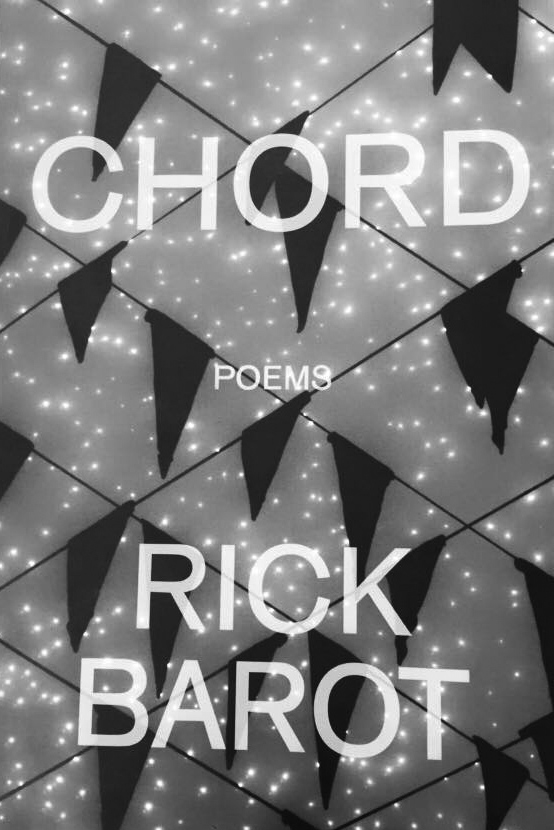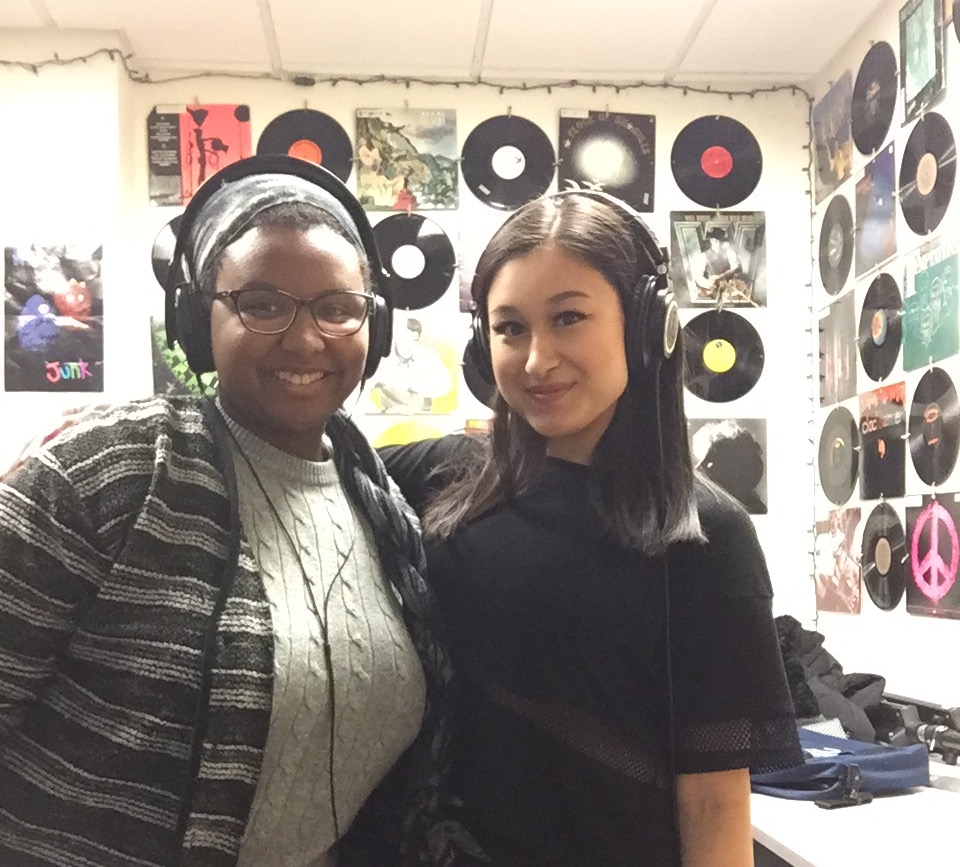LYZ FRERKING
Guest Writer
frerkila@plu.edu
As a liberal arts college, Pacific Lutheran University emphasizes the importance of artistic expression. One PLU professor serves as a prime example.
Rick Barot published his latest book of poetry in July. It’s a project which he began working on right after the events of 9/11 and continued until 2012. A body of work born out of the tragedy of 9/11, Barot feels as though the poems are highly based off the collision of domestic and family life with the political and social environment of the time.
“If you were an artist, you couldn’t really help but feel the pressure of all of that reality on your domestic, personal life,” Barot said.
Barot has a special connection to the art of poetry. Beginning in his junior year of college, Barot said that he was inspired to make the change from journalistic prose to poetry after being exposed to the art form in his classes.
He said that he simply likes working within more of a compressed space. The only thing that has changed is the reasons he is inspired to write poetry.
“When I was younger, what inspired me was the idea of creating beauty,” Barot said. “These days, I think the inspiration that I have comes from thinking about how people have multiple identities and sometimes those identities don’t get along. Poetry is a way of recording those intersections.”
Over the years, Barot has found himself inspired by a variety of different poets. In the 30 years that he has been reading two poets in particular have had an influence on his work. His “foundational poets” are Elizabeth Bishop and Adrienne Rich. Each of these poets inspires Barot’s work, with Bishop contributing sensory aspects and Rich inspiring the more social aspect of his writing.
Passing this love of poetry on to his students is what Barot believes he enjoys most about teaching at PLU.
“[It’s important] to be able to introduce this material that I think is really beautiful and important to people who might really might benefit from this material and might feel larger and themselves and the world,” Barot said.
As for his time here at PLU, Barot says that his greatest accomplishment in life is becoming a teacher.
He thinks of teaching as a kind of feedback loop where something that the students say can change what the teacher thinks. In this way, his students inspire him to write better, and the advice that he gives to them he uses for himself as well.
He thinks of teaching as being similar to writing because each involves communicating with people.
“I think what’s great about being a teacher is the effect of your work,” Barot said. “There’s evidence right away, [which is] your students learning.”


















